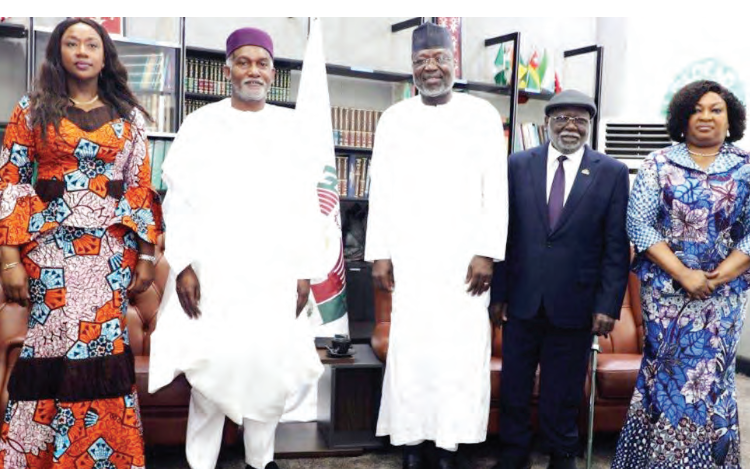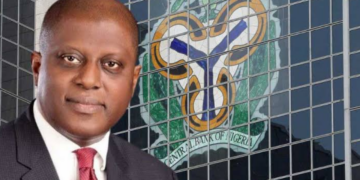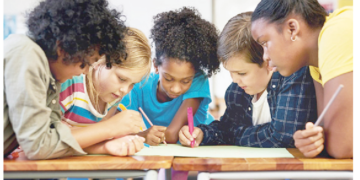The Economic Community of West African States (ECOWAS) is facing some difficulties to bring back three of its estranged member states- Burkina Faso, Mali and Niger to the regional bloc as the three countries have not given indications to return.
The three countries in the Sahel region on January 28, 2024 announced their decision to quit the community over disagreements with ECOWAS following military regimes that toppled democratic governments in the countries.
This issue became more intense when the ECOWAS threatened to use force to restore democratic order in the Niger Republic which angered the junta led by Abdourhrahmane Tchiani. The coup leaders in Niger immediately built solidarity with Burkina Faso, another country that military leaders ousted the democratic government of Marc Christian Kabore, now being led by Captain Ibrahim Traore as well as Mali, where Assimi Goita led his army lieutenants to remove the government of Boubakar Keita and assumed full power.
The ECOWAS bloc described these developments as a setback for democracy and imposed varying degrees of sanctions against these countries to force them to return to democratic order but the crisis lingered.
ECOWAS was later persuaded to reduce the sanctions on the countries and withdrew its threat of invading Niger and with an open hand to welcome them back to the three countries.
However, despite all the overtures for reconciliation, the three countries have remained adamant and their hardened positions seem to be giving the regional bloc some cause to worry.
This uncertain situation facing the bloc was disclosed by Dr Omar Touray, President of the ECOWAS Commission, stressing that the three Sahel countries are not giving signs of intention to return to the sub regional bloc.
Touray, made this known at the 92nd Ordinary Session of the ECOWAS Council of Ministers on Thursday in Abuja, adding that the three countries have remained incommunicado toward ECOWAS, notwithstanding the commission’s entreaties.
It is quite disturbing at this point that ECOWAS had not yet been able to establish a framework for negotiation with the military authorities in the three countries, in spite of all its efforts. The negotiation framework ought to be on their decision to withdraw their membership from ECOWAS and the transition process for restoring civilian rule, respect for human rights and rule of law in their countries.
Guinea, which is one of the member states under military rule, appears to be the only country that has given positive assurance to the bloc towards regional cooperation and integration. This perhaps is due to the fact that Guinea has not pulled out of ECOWAS even if it is also under military rule led by Col Mamady Doumbouya.
Touray said further “Regarding our member states under military rule, it is disturbing that we have not yet been able to establish a framework for negotiation with the military authorities in Mali, Burkina Faso and Niger.
“This is with regards to their decision to withdraw their membership from the community and on the transition process for restoring civilian rule, respect for human rights and rule of law.
“In spite of our entreaties, in the form of softening of sanctions, invitation of the governments to technical meetings, and request for meetings, we have not yet gotten the right signals from these member states.
“We have, however, gotten positive assurance from Guinea on the unity of our community.
“It has become evident that a change in the international system, which is significantly affecting our member states, is playing a role.”
It is not certain at the moment why Burkina Faso, Mali and Niger have refused to return to the fold despite the gesture of good will by ECOWAS, but some experts believe that the regional bloc lost the initiative when it imposed a raft of sanctions and threat of war instead of a dialogue.
A senior lecturer with the Nassarawa State University in Nigeria, Prof. Jideofor Adibe in a recent comment said “ECOWAS lost the initiative because it first used the instrument of threat of force which should have been the last option and in the process lost its power of deterrence when it failed to carry out the threat and may not be taken seriously again by the three countries.”
Another angle to the positions of the three countries appears to be that they may have found ways to survive without ECOWAS and are exploring other options available despite the huge losses they stand to incur if they remained outside the bloc.
While the regional bloc has extended a hand for reconciliation, it is pertinent for it to use the proposed a special summit on the future of the community to examine the developments in the community as to the political realities unique to different countries irrespective of their standard for democratic governance.
It is in understanding the peculiarities that the ECOWAS can begin to re-think integration in terms of governance, relations with external partners, and community norms as it concerns the demands in different countries.
The region is bedeviled by enormous challenges such as food crises, insecurity, inflation, violent extremism and terrorism, forced displacements, youth bulge and unemployment, geo-political tensions and pressures, which were putting pressure on governments and civil society.
The region cannot afford disintegration at this moment and ECOWAS must strengthen its strategy to bring back the three countries.





